Loan to CDB will aid in recovery from COVID-19 in the Eastern Caribbean
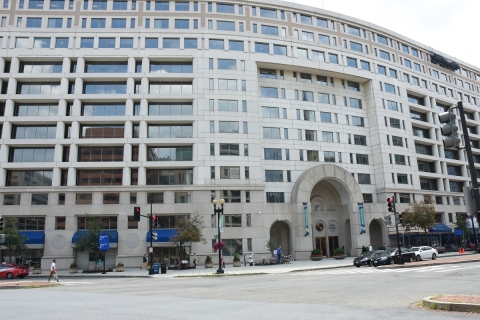
The Inter-American Development Bank (IDB) has approved a US$50-million loan to support member countries of the Organization of Eastern Caribbean States (OECS).
The loan to the Caribbean Development Bank (CDB) will provide economic resources to the OECS member states, located in the Eastern Caribbean in their recovery from the health, social and economic consequences caused by the COVID-19 crisis. The OECS states are comprised of Antigua and Barbuda, the Commonwealth of Dominica, Grenada, St. Kitts and Nevis, St. Lucia and St. Vincent and the Grenadines.
Since 1977, the IDB has provided US$227 million to the CDB in a long-term collaborative relationship. The IDB loan of US$50 million has a repayment term of 25 years, a grace period of five and a half years and an interest rate based on the London Interbank Offered Rate (LIBOR).
LIBOR is the most widely used global “benchmark” or reference rate for short term interest rates. This latest loan from the IDB to the CDB is geared towards reducing mortality and morbidity from COVID-19 and to ensure minimum levels of quality of life and health for vulnerable people in the OECS.
OECS countries have reported lower infection rates compared to other countries in Latin America and the wider Caribbean. However, OECS countries are still highly vulnerable to health, social and economic risks caused by the COVID-19 crisis.
SUPPORT FOR SMALL BUSINESSES

In addition to the support to the COVID-19 recovery initiatives, the loan will provide support for micro, small and medium-sized enterprises (MSMEs). Financing will be provided to support the MSME financing intervention programme, which is geared towards improving the short-term financial capacity and will provide access to production-oriented finance for economic recovery.
In response to the COVID-19 crisis, the loan will strengthen response leadership at the country level whilet improving service delivery capacity, supporting initiatives to break the chain of transmission of the global pandemic as well as improving case detection and management. The loan programme will finance cash transfers and the expansion of safety net services through the use of existing cash transfer programmes and platforms in each OECS country.
These social safety net services include conditional cash transfers, transfers for people with disabilities, school-attendance grants for vulnerable populations and school meal support. The social safety net services also include the non-contributory pensions and actions to mitigate the effects of school closures during the crisis while preparing for their reopening among other things.
DETAILING PROGRAMME BENEFICIARIES
The programme beneficiaries under this loan programme include OECS residents and visitors and MSMEs affected by the COVID-19 crisis. Health interventions will benefit OECS countries’ populations through preventive actions that will be publicly announced soon.
It will also benefit people with potential diagnosis of COVID-19 and those who were diagnosed already and in need of specialised care. Based on early projections, the loan programme could benefit up to 150,000 vulnerable individuals and 360,000 working age persons who have lost formal or informal sources of income or have closed their businesses due to the COVID-19 crisis.
Priority will be given to the tourism, retail, service, logistics, agriculture, and fisheries sectors for their high vulnerability to coronavirus and it is expected to benefit up to 19,000 MSMEs. OECS countries are highly vulnerable to any external factors that affect tourism and present serious economic and social impacts on the local population.
The IDB is a leading source of long-term financing for economic, social, and institutional development in Latin America and the Caribbean. It also conducts cutting-edge research and provides policy advice, technical assistance and training to public and private sector clients throughout the region.

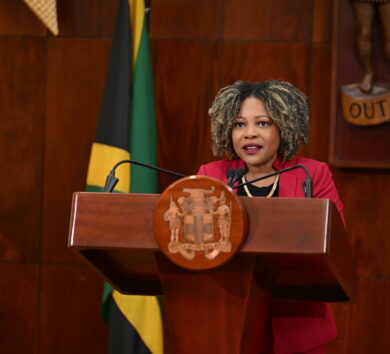
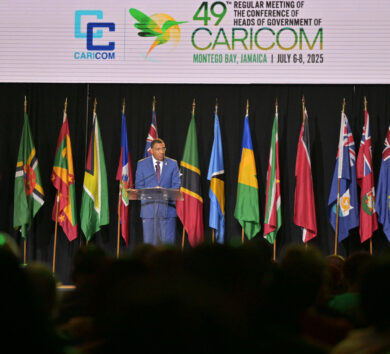
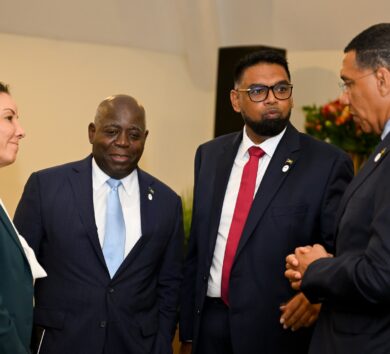

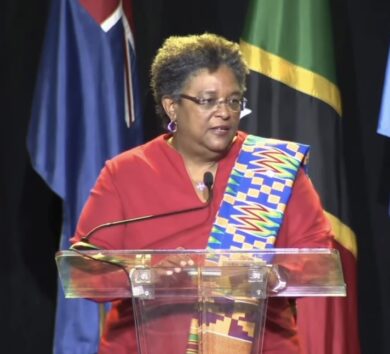

Comments